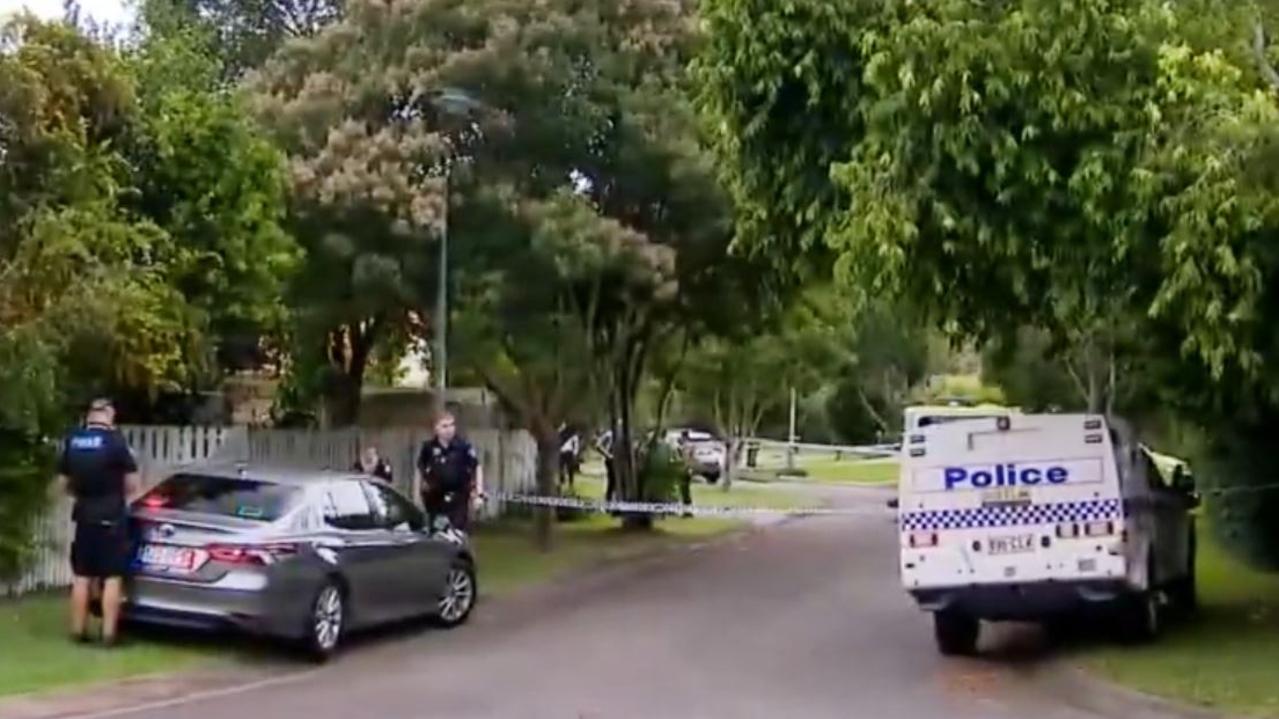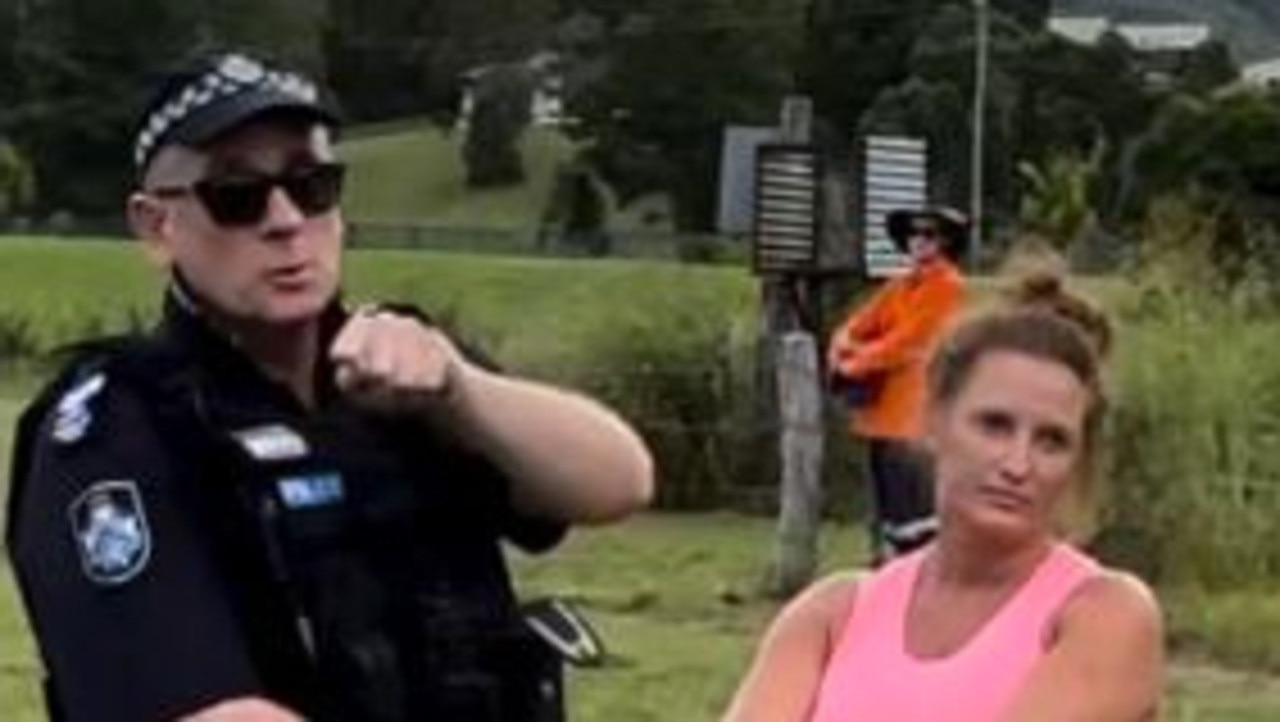Queensland police ‘first responders’ in mental health crises amid calls for Royal Commission
Queensland police have increasingly become first responders in mental health crises, despite lacking the skills and knowledge to undertake this role, an expert says.

Police & Courts
Don't miss out on the headlines from Police & Courts. Followed categories will be added to My News.
Queensland police have increasingly become first responders in mental health crises, despite lacking the skills and knowledge to undertake this role, an expert says.
It comes after Queensland Police Union president Ian Leavers called for a royal commission into mental health services following the latest spate of police shootings.
Mr Leavers said the shootings had damaged a generation of police, blaming a breakdown in the health care system.
“The health department is funded nationally and the state’s administer the funds accordingly so I believe this is a national issue … we are seeing people who are affected by mental health who need treatment and have travelled between states and different jurisdictions,” he said.
“Mental health is something that the police deal with on a daily basis … we need to look at the greater issue of mental health within society and address it and provide treatment, not incarceration.”
In Queensland, emergency examination authorities are legal instruments that allow police or ambulance officers to detain and transport individuals who appear to be experiencing a severe disturbance in their mental capacity and are at immediate risk of serious harm to themselves or others.
Griffith University human resource management senior lecturer Matthew Xerri said a recent study titled “Emergency examination authorities in Queensland” found 78 per cent of individuals subject to EEAs were discharged in Queensland following examination.
“These individuals are typically taken to an emergency department for urgent medical examination and care,” Dr Xerri said.
“Once in the ED, the person can be detained for up to 12 hours to allow for a comprehensive examination by a healthcare professional.
“This raises the question whether all such incidents require police intervention and attendance at already strained emergency departments.”
Dr Xerri said previous studies had emphasised the need for “integrated healthcare models that involve collaboration between emergency departments, police, ambulance services, and mental health services”.

Premier Steven Miles said a mental health levy introduced in 2022 would help Queensland build its capabilities in responding to mental illness.
“I understand Ian Leavers’ concern that our police, every single day, face people who are struggling with mental illness, and we have a very significant increase in investment into mental health driven by that mental health levy,” he said.
“We also have mental health co-responders who spend time in the field with police so that we can directly deliver mental health support to people who need them.”
The mental health levy is expected to raise $2.3bn by 2027, including $533m in 2024-25 alone.
A total $457 million was invested in mental health, alcohol and other drugs services in this years’ budget.
Health Minister Shannon said the government had also cracked down on the number of weapons in the community with the introduction of Jack’s Law.
“The police are being confronted more and more by people with weapons, particularly knives now that may be in a mental health situation, it may be in a domestic and family violence situation, it may just be street crime,” she said.
Ms Fentiman confirmed mental health support for police was on the agenda at this Friday’s national health forum in Sydney.
“We’ll be looking at what more we can do to strengthen mental health services across the country,” she said.
The Queensland Police Service shot 10 people in the 2023-24 financial year – seven fatally – compared to 14 people in the 2022-23 financial year.
Dr Xerri said the demand for police services had increased by about 30 per cent since 2016.
“With that, we have seen the complexity of the calls increase and the demand for that has been a shift from traditional crimes to much more in the way of social issues like domestic violence, youth justice and mental health,” Dr Xerri said.
Dr Xerri said police officers have increasingly become “first responders in mental health crises”.
“Police officers continue to report concerns that in some cases they lack the skills and knowledge required to undertake their role as first responders in mental health service calls,” he said.




